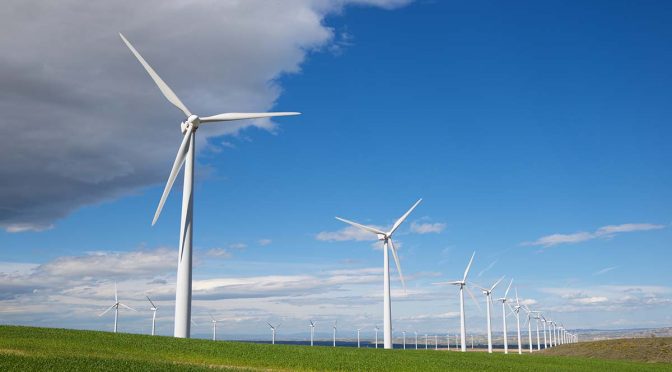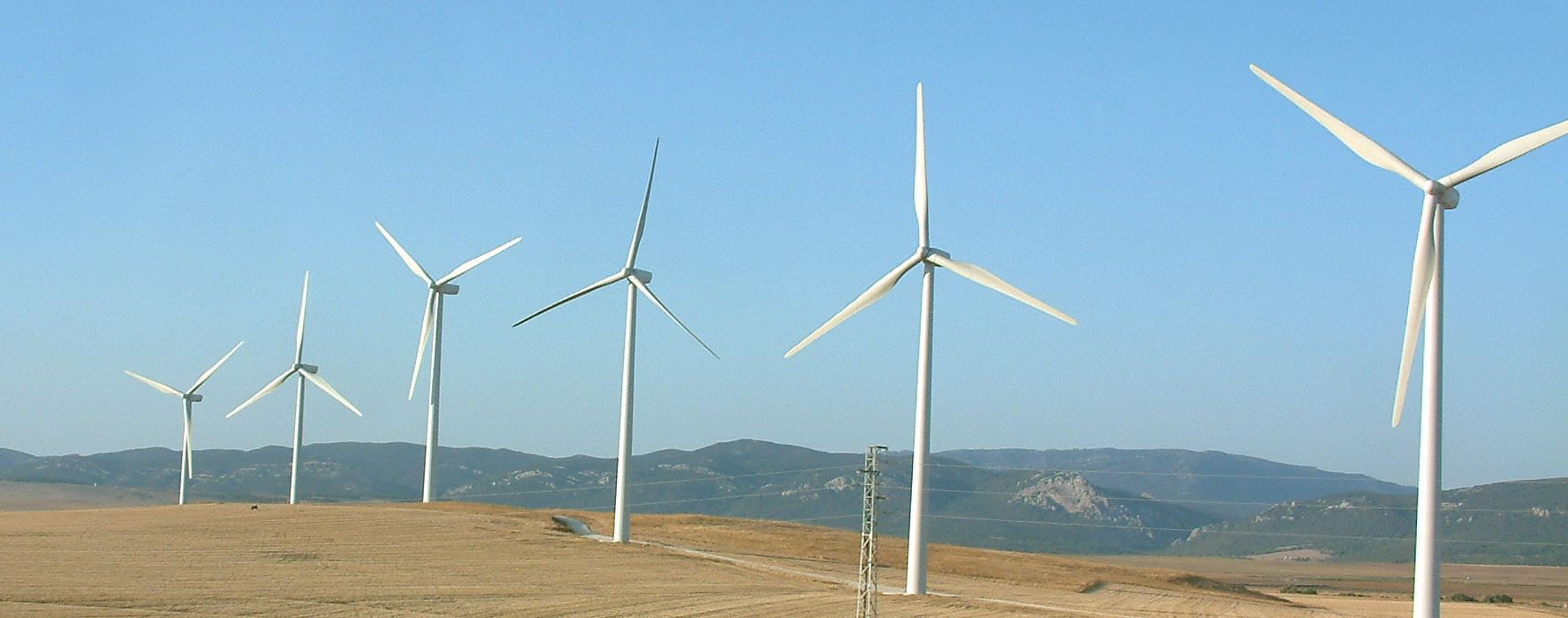Just after RDL 6/2022 was published to prolong and modify the measures aimed at lowering energy prices, the governments of Spain and Portugal sent a proposal to modify the wholesale electricity market to Brussels. The most important thing about this proposal is that it maintains an unchanged marginalist price in order not to distort exchanges with the rest of European markets, while, in a second internal auction, it limits the gas price to €30/MWh.
Explanations on the content of the new Royal Decree?law 6/2022, of March 29, with the urgent measures to alleviate the economic and social consequences of the war in Ukraine, were already widely published. Regarding the energy field and the energy prices crisis in which Europe has been immersed since mid?2021, firm measures are already specified, such as the income reduction for inframarginal technologies, which extends until June 30 and will also apply to generators that have term contracts or coverage with prices above €67/MWh; while other important measures are still pending, such as the proposal to limit the gas price in the electricity market, which Spain and Portugal sent to Brussels.
In this last aspect, the President of the Spanish Government, Pedro Sánchez, obtained the approval of the Council of Europe to propose exceptional measures to achieve lower energy prices, based on the exceptional nature of the Iberian Peninsula in its situation as an energy island.
The proposal to limit gas prices to €30/MWh
The day after the publication of the Royal Decree?law, the Spanish and Portuguese governments sent their proposal to lower electricity prices in the Iberian market to Brussels. This proposal includes a double auction. In the first of the auctions, the offers and the fixing of prices would take place in the same way as in the current marginalist market, so that the resulting prices would not be altered. In this way, the offers and prices that would be offered for the interconnection with France would not be affected and distortion of the single European electricity market would be avoided, an important requirement to obtain the approval of the European Union for the proposal.
The second auction would be held internally for the Iberian market. In it, the price at which gas, coal and cogeneration plants could offer would be limited to a gas price of €30/MWh. This would translate into electricity generation offers of around €89/MWh, taking into account a CO2 emission rights price of €80 per tonne.
The question that immediately arises is how the plants that use fossil fuels are going to be paid for the difference between the €30/MWh that they will be allowed to offer and their real costs, which will be much higher, bearing in mind that gas prices are currently above of €100/MWh. According to the proposal, this extra cost will be distributed among all purchase offers, that is, it will be paid among all consumers.
The result will be that the cost of acquiring electricity will drop considerably, because only fossil power plants will receive prices referring to gas prices, while the rest of the technologies will receive the adjusted price of the second auction.
The importance of keeping an unchanged marginalist auction
The double auction system allows meeting both the objective of lowering electricity prices for Spanish and Portuguese consumers, and the requirement of not distorting the European internal market. The marginalist price of the first auction is important, not only so as not to affect trade with France and the rest of Europe, but also because it is a very important price signal for bilateral contracts, PPA and long?term investments.
It would also be important that the limit price for gas in the second auction was flexible enough to be easily adapted as the situation in gas markets evolves, so that it is possible to gradually return to normal.
A solution valid for other European markets
The Iberian proposal may also be valid for other markets of the European Union. Although in Spain the need is urgent as it has its regulated tariff indexed to the wholesale price, in other countries, with longer?term contracts for their tariffs, the high wholesale markets prices are already beginning to be noticed as those contracts are renewed.
It is also important to take into account CO2 prices
Once the gas price is limited, the offers of fossil fuels plants will continue to be at the mercy of CO2 emission rights prices, which tripled in recent months. It would also be necessary to apply measures to this market, since it is an important component of the electricity price and, in addition, it is a market created by the European Union. AleaSoft Energy Forecasting proposed in several forums the possibility of temporarily applying a moratorium so that the electricity generation with gas by combined cycle gas turbines and cogeneration does not pay emission rights. With this proposal, the price of the second auction could decrease to below €60/MWh.
The AleaSoft Energy Forecasting’s price forecasting in the new dual Iberian market
If the European Union accepts the proposal from Spain and Portugal, the companies that participate in the Iberian electricity market will find it necessary to have forecasts for both the first and second auctions in order to design both their offers and their coverage, as well as to correctly estimate their costs or their income. AleaSoft Energy Forecasting is designing, preparing and analysing the necessary models to offer its clients the forecasts of the two prices in all time horizons.
AleaSoft Energy Forecasting’s analysis on the prospects for energy markets in Europe and the renewable energy projects financing
In the next webinar of the series of monthly webinars organised by AleaSoft Energy Forecasting, which will take place on April 21, one of the key aspects of the energy transition and markets will be discussed: energy storage. In addition, the usual analysis of the evolution and prospects for energy markets in Europe will be carried out, where the possible consequences of the proposal to limit the gas price in the Iberian electricity market will be analysed.



